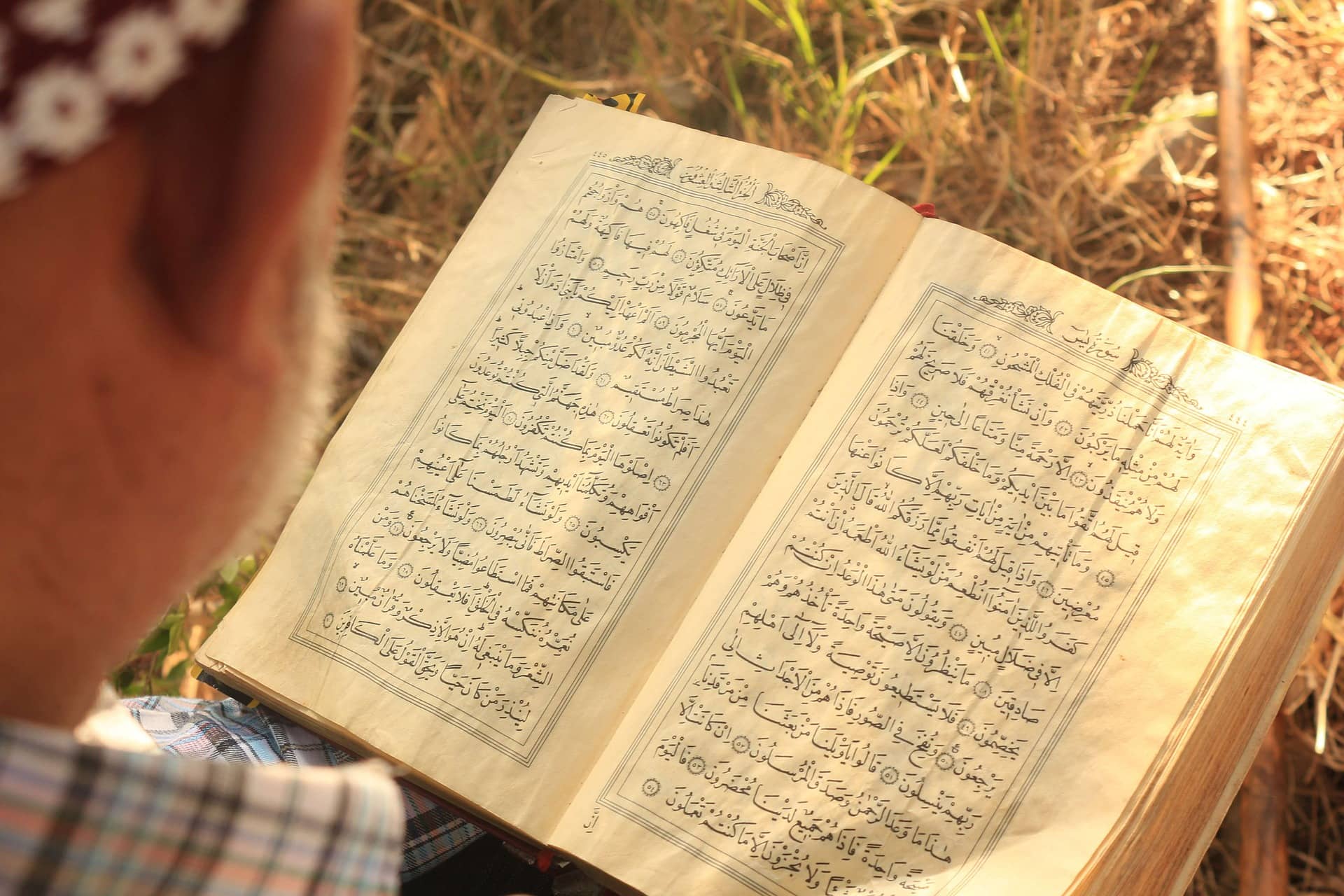The cotton better absorbs sweat as she hustles down the court, scurries for rebounds and dives for loose balls.
Hiba, 15, is a point guard for the state's only girls basketball team from an Islamic school. The players at Noor-Ul-Iman School in South Brunswick compete while wearing head scarves--called hijabs--long sleeves and sweat pants.
"It gets a little in the way, but what can you do?" Hiba said of the hijab. "It's part of the religion. It doesn't bother me, I really don't mind. I deal with it. ... People say, `Don't you get hot? Don't you sweat?'
But it's part of the game."
By several accounts, Hiba is the most intense player on a team of enthusiastic teens that has been around three years. Noor-Ul-Iman began this year 1-4, but even in losing, the team is a minor spectacle, attracting stares for its garb and surprising opponents with its aggressive play.
In a recent 49-15 loss to Piscataway Tech, players battled so hard for rebounds and loose balls that afterward a Tech player emerged from the locker room and loudly criticized Noor-Ul-Iman's players as they left the gymnasium for their aggressive play.
It is the head scarves, though, that usually draw the most attention and initially make the girls seem out of place on the court to many fans. To the girls themselves, the scarves are an afterthought.
"We wear it everywhere outside the house. I'm used to it," said Asma Saud, the tallest player on the team at 5-foot-9. Like most of her teammates, she began playing basketball in a hijab as a child with brothers or male cousins. "You don't really remember how it was when you didn't play with it."
There are fewer than a half-dozen girls basketball teams at Islamic schools in the country, according to the Islamic Schools League of America, a networking organization for Islamic schools. The players at Noor-Ul-Iman view their team as a way to teach Americans something about Muslim women.
"You want to show people we can do things," Hussain said. "We can go out and play sports, we can go out and do this. .... Yeah, it (a hijab) is obligatory, but it doesn't hold us back from anything. We can do everything that everyone else does."
Clearly, the players and their coach aren't satisfied with being an anomaly on the high school sports scene. They want to win more games.
"I encourage it," says local Imam.
Read more on page #2 >>
| _Related Features | |
|
|
|
 |
The Noor-Ul-Iman girls said no one has ever taunted them at a game, and that opponents are almost always friendly. Only once, Catovic said, has anyone asked about the hijabs, and that was during a boys game.
"People who saw me cheering once asked about the head scarf; they asked, `What is this called?' and `What are you wearing?'" Catovic said.
Noor-Ul-Iman has only 28 high school girls, and 15 of them play on the team. The school is associated with the Islamic Society of Central Jersey, which is considered a religiously progressive mosque.
While some adults at the mosque oppose the idea of girls playing sports in public, the mosque's religious leader, Imam Hamad Chebli, said he is strongly in favor of the team as long as the girls are modestly attired.
"We're very proud of them," he said. "I encourage it."
Iran, a predominantly Muslim country, hosts the Muslim Women's Games every four years. Athletes there do not need to dress modestly because no men are allowed to watch the events, and no media broadcast them.
Why, then, do so few Islamic schools in America have girls basketball teams?
Catovic, Chebli, and Karen Keyworth, director of education for the Islamic Schools League of America, attributed the scarcity to a general lack of interest among girls and, more important, the relative rarity of full-time Islamic schools in the United States. Sports are not a priority as the schools try to grow, they said.
"Some of the schools don't have the facilities and ... would have to make a tremendous effort to rent time on a court," Keyworth said. She added, "Depending on the background the girls are coming from, they might not really value any sports, boy or girl, that highly."
In fact, Catovic is quick to remind her players that devotion to God, family, and schoolwork is more important than the game.
She warned, at a practice last week, that anyone who asked a teacher to postpone an assignment because of a game or practice would be placed on probation from the team.
"You're not allowed to use basketball as an excuse," Catovic said. "We love basketball, but it has its place. It's called `extra.'
| _Related Features | |
|
|
|
 |

